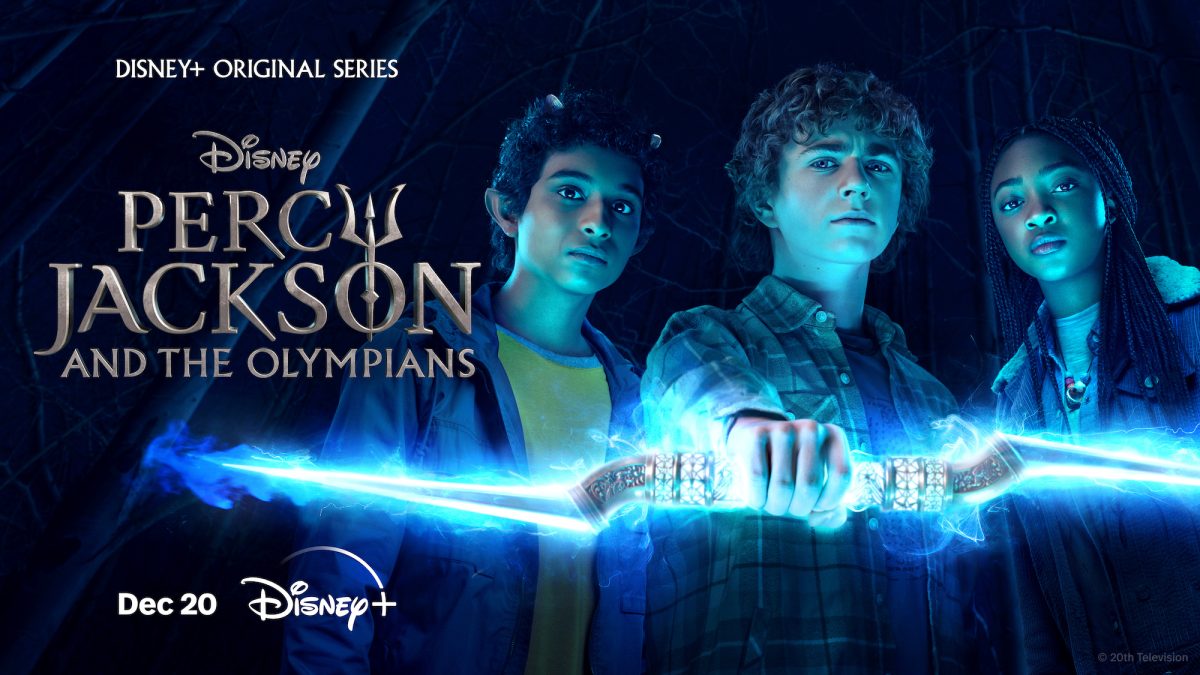146 days, that is how long the writer’s strike lasted. The Writer’s Guild of America (WGA) has finally ended their historic strike against the Alliance of Motion Picture and Television Producers (AMPTP). The AMPTP is the association that represents major film production companies, such as Netflix, Amazon, Apple, Disney and Warner Bros. Discovery. The strike began on May 1, when AMPTP and WGA failed to reach a new agreement during negotiations before the deadline. Once the deadline was not reached, a majority of the writer’s union voted to authorize the strike.
Sept. 24 marked the end of the strike as new negotiations are now in the talks between the two groups. With this major detour inside of Hollywood reaching a close, it can be expected for studios to begin production on films and television again. The main reason WGA voted for the strike was for fair compensation and improved working conditions due to poor treatment by film studios.
“The studios have taken advantage of the transition to streaming to underpay entertainment industry workers, including writers in every area of work.” The WGA contract said.
The writer’s union and AMPTP were negotiating pay, streaming residuals and other issues for the new contract. In the upcoming days, the members of WGA will have to vote if they believe the new tentative contract is fair and fits the requirements set by WGA at the beginning of the strike.
Writers were not alone, the last time the WGA and the Screen Actors Guild – American Federation of Television and Radio Artists (SAG-AFTRA), went on strike at the same time was in 1960: Now in 2023, both unions were on a continued strike throughout the summer. The writer’s strike began on May 2. The actor’s strike followed on July 14. While both groups were on strike, studios were unable to produce movies, and actors were unable to promote any upcoming releases.
Although the writer’s strike is coming to an end, the actor’s strike remains ongoing. With SAG-AFTRA on strike multiple shows and movies are placed on an indefinite hold until negotiations are reached with the film studios.
The use of Artificial Intelligence in new films was a large source of concern for writers and actors. Writers would not hold a secure position as studios could easily replace their jobs with AI in the future. Extras in films could be offered compensation for a one-time gig and then would be giving studios access to use their footage for any future projects through AI without payment.
The cast of Christopher Nolan’s “Oppenheimer” walked out of the film’s UK premiere due to the beginning of the strike. The strike’s terms prevent any actors part of SAG-AFTRA from partaking in any new movies or completing any current work. Almost all actors are currently unemployed and any actor who works for a restricted studio during the strike could receive disciplinary action from the SAG-AFTRA or WGA.
As the strike continues, many wonder if this could mean that famous actors, such as Tom Holland, will be found at their local McDonald’s drive-thru, most likely not. The same can be said for major studios and company CEOS. A-list actors have enough funds that this period without work will not cause bankruptcy, however, smaller actors and writers who live off the money made from gig to gig will struggle financially throughout the strike.
In the long run, this battle for fair pay and improved working conditions seemed unwinnable for the smaller actors and writers, as studios have enough money to hold off on negotiations for more time. Actors and writers will eventually be forced to yield and find other work to supply for themselves. With the new negotiation being reached with WGA and AMPTP, hope is shined for actors who are currently struggling from the lack of work. Executive Chief of the Sequoit Broadcast Network, Iwona Awlasewicz, is a former free-lance producer who adds her beliefs to the current situation.
“It can last another six months,” Awlasewicz said. “Hollywood is not immune from this and will realize that they need to pay for creative services.”
The future is looking grim surrounding this situation, as Marvel visual effect (VFX) artists for the first time in history have decided to strike as well after a unanimous vote on Sept. 13. Marvel VFX artists have been notorious for being overworked and rushed to keep up with the fast-paced production schedule set by Marvel Studios.
This standoff involves more than just actors, writers and studios but it also damages movie theaters and audiences. With movie theaters currently dying due to the major switch to online streaming, the lack of movies being produced and released for theaters could land the final blow. Audiences are also on the losing side of the deal, because of the lack of new content, the audience could lose interest in the theater and become disengaged with their favorite movie franchises. Going to the movies is also a great way for friends to get together.
“It is very unfortunate because me and my friends used to go out and watch movies all the time and now it is going to have to come to an end very soon.” senior Cal Maar Said.
Even with the end of the WGA strike, unless studios plan to accept the requests of the actors soon, this situation will continue to bring only losses. Enjoy the theater while you still can, because soon reruns of “The Office” will be the only show on the air.





















